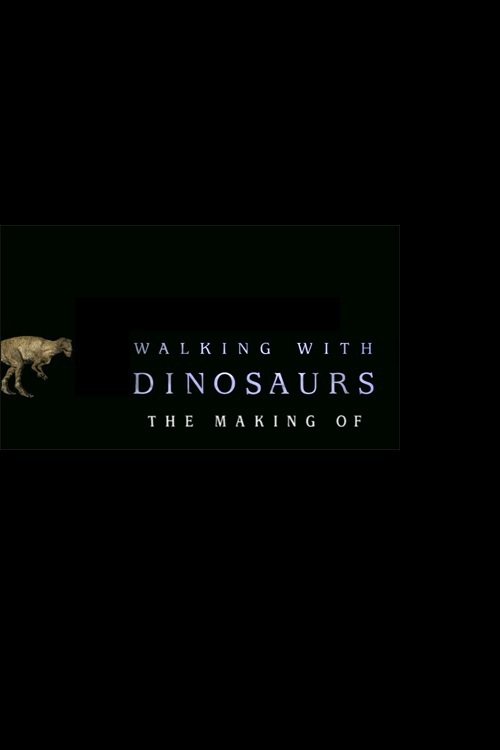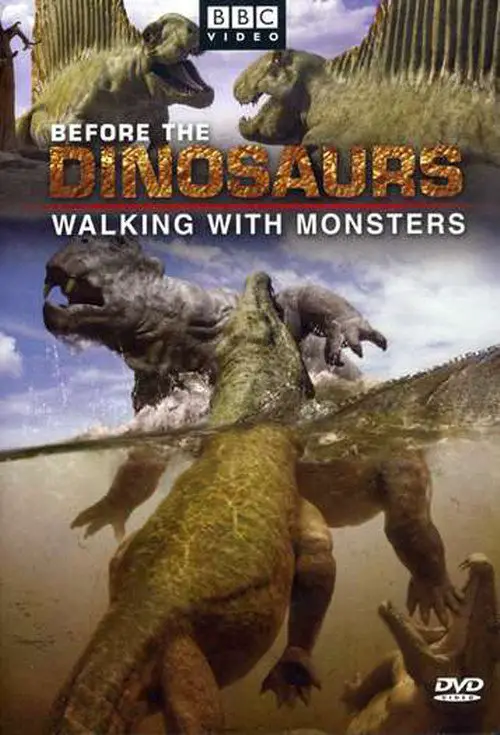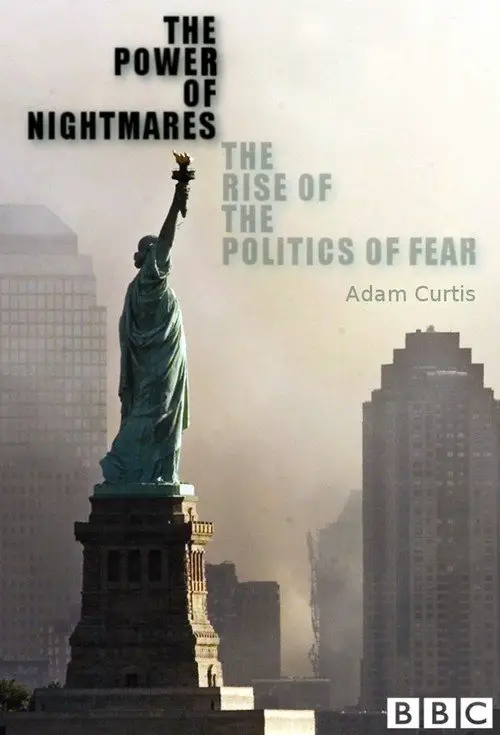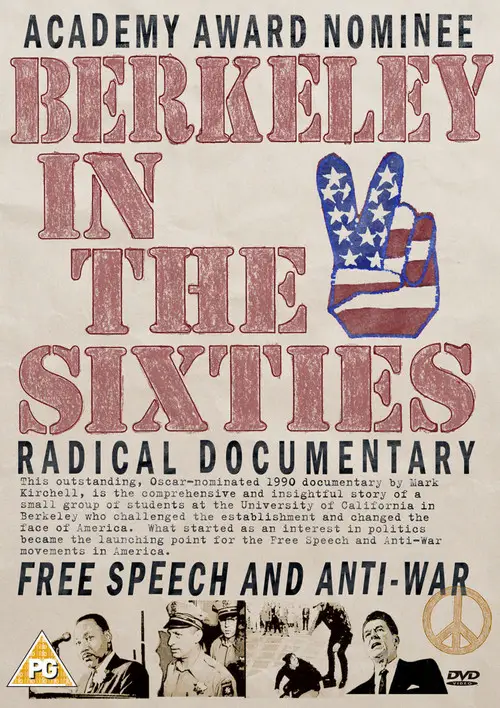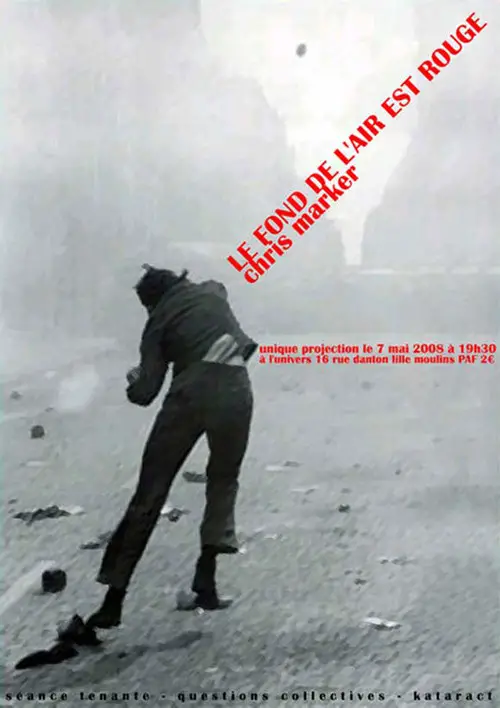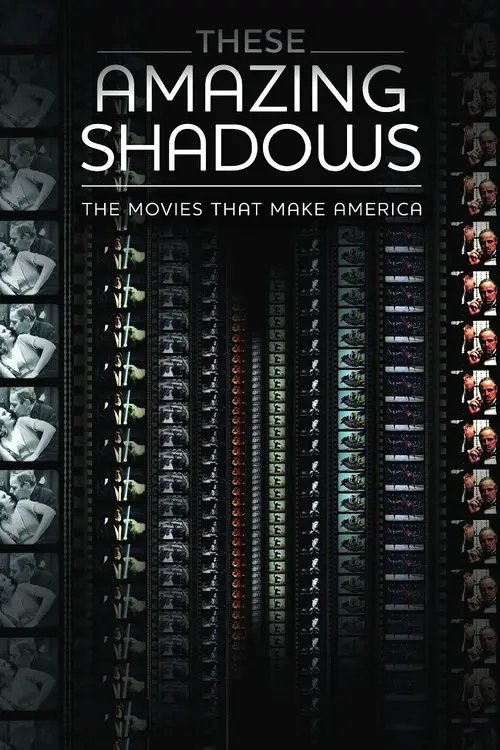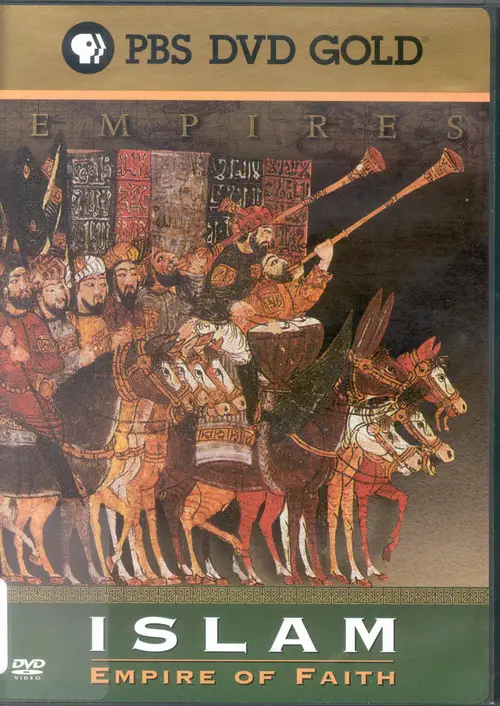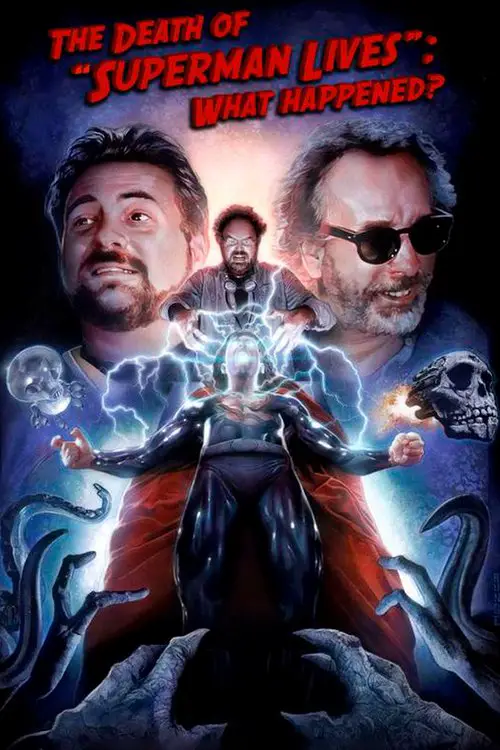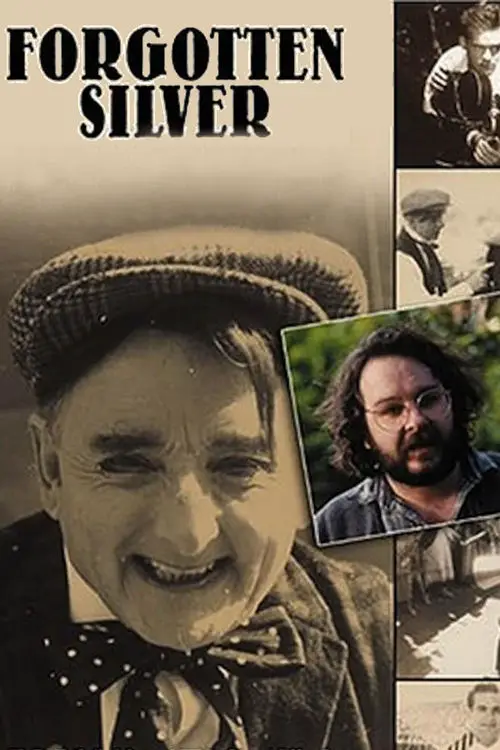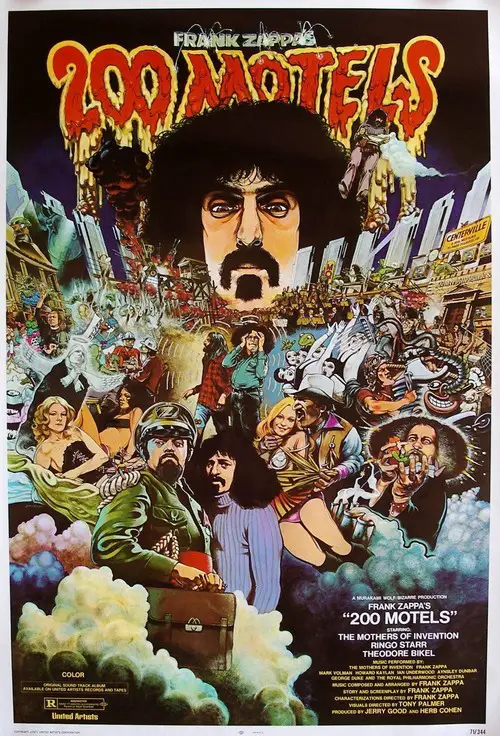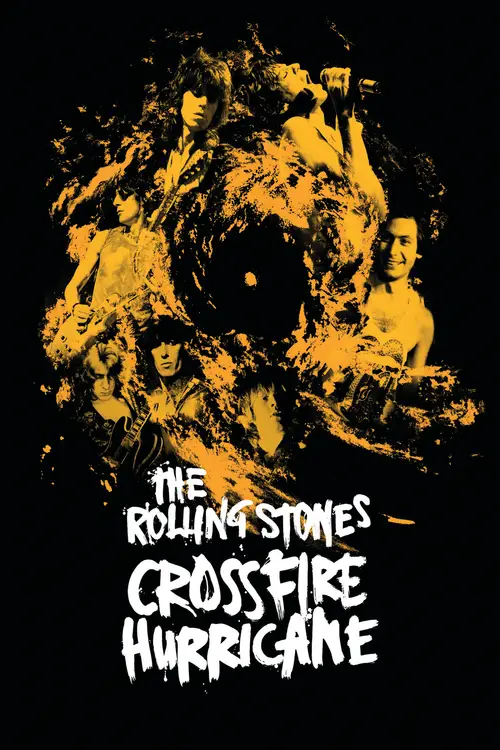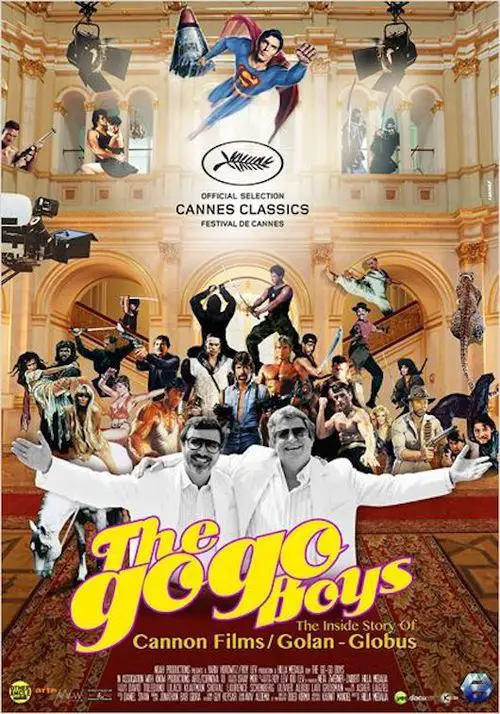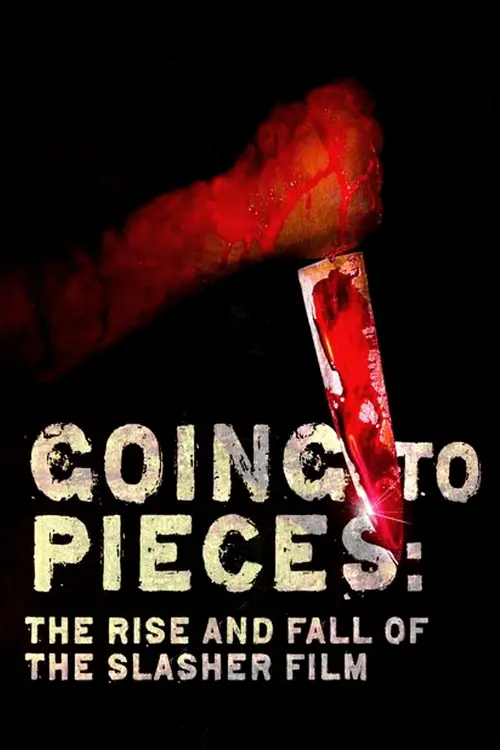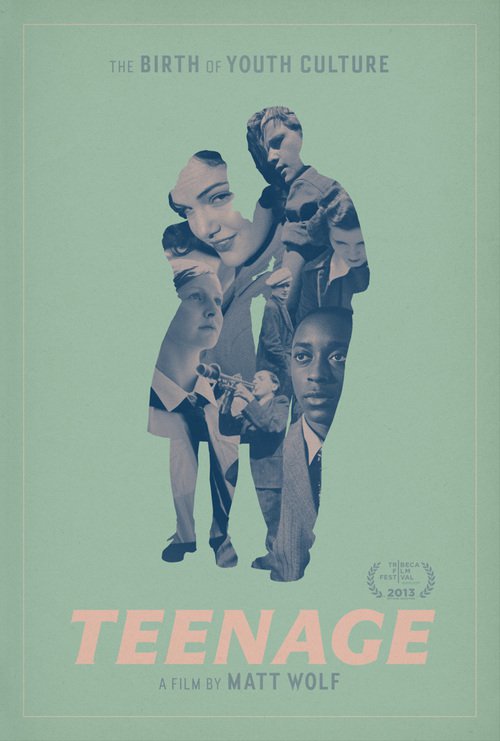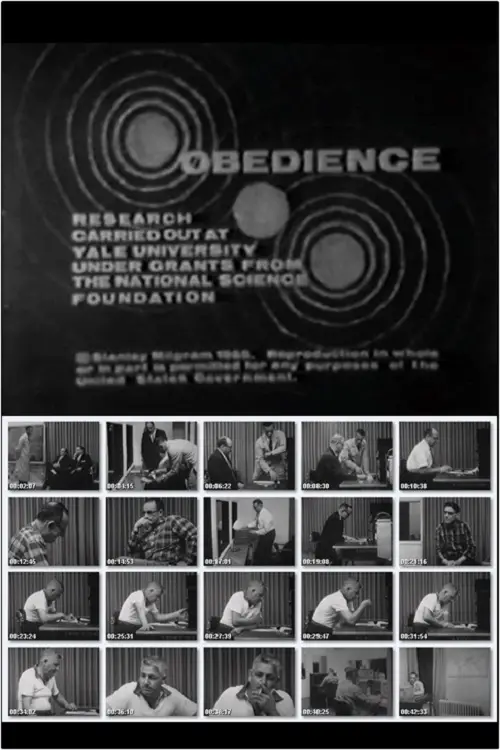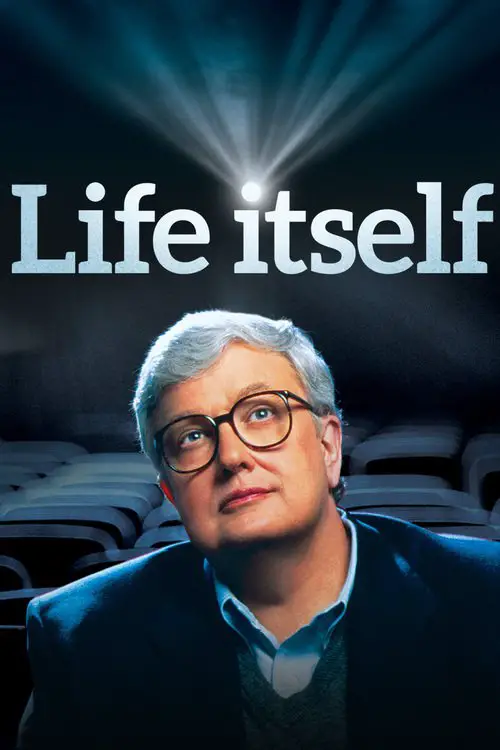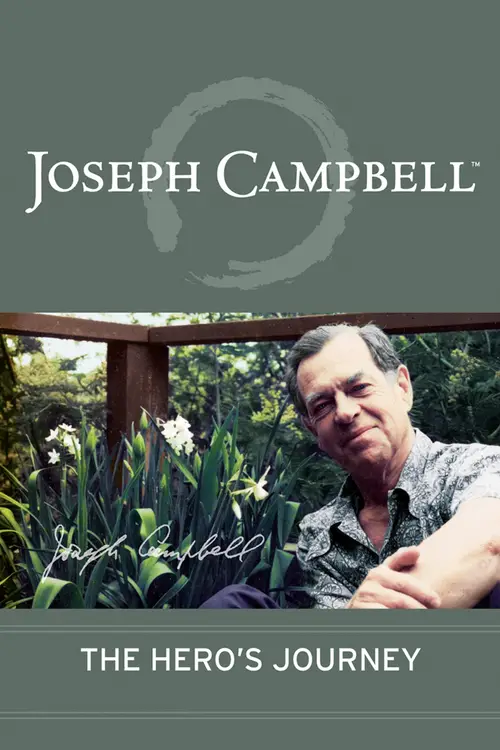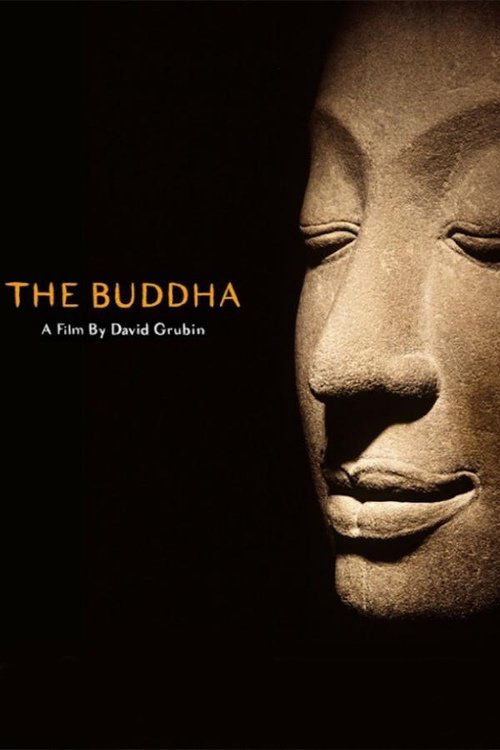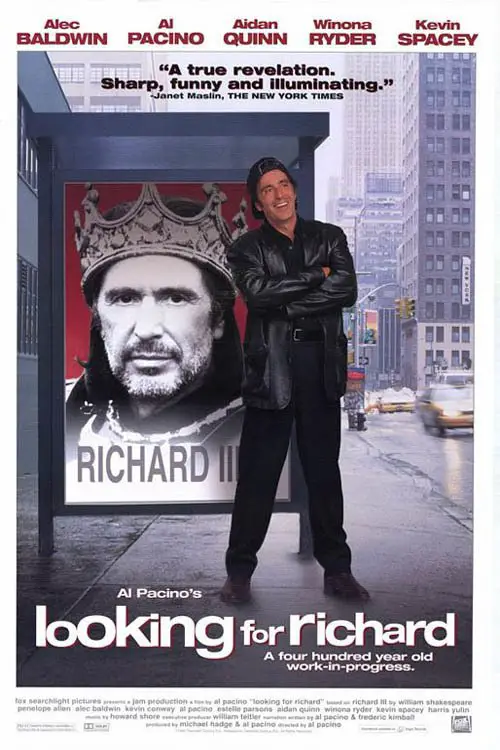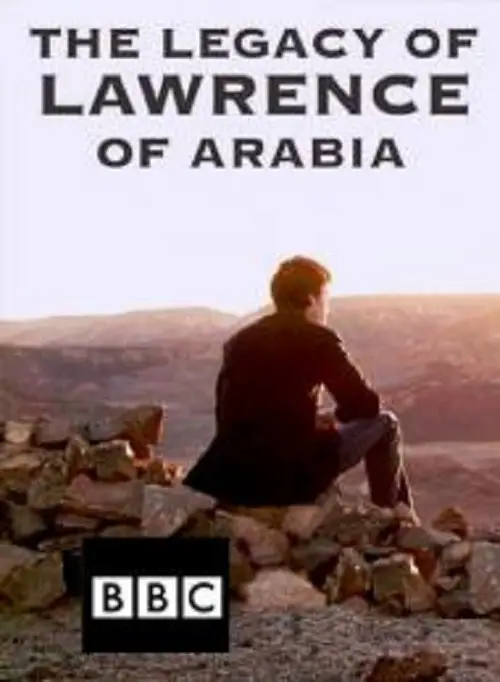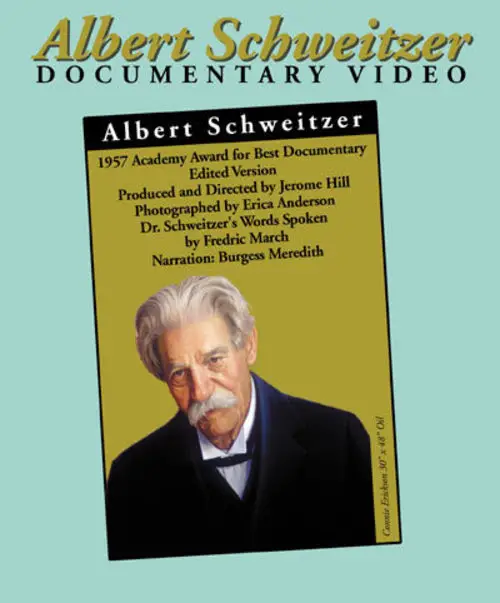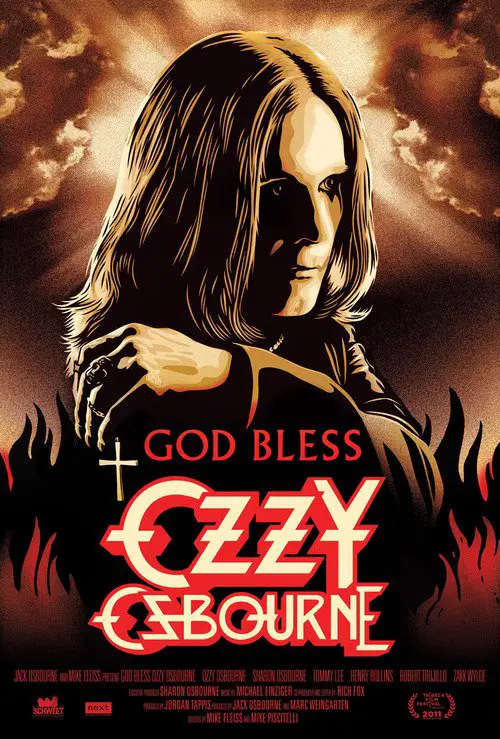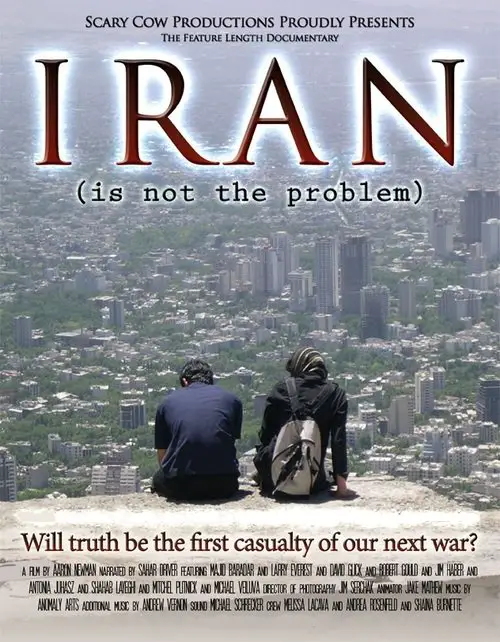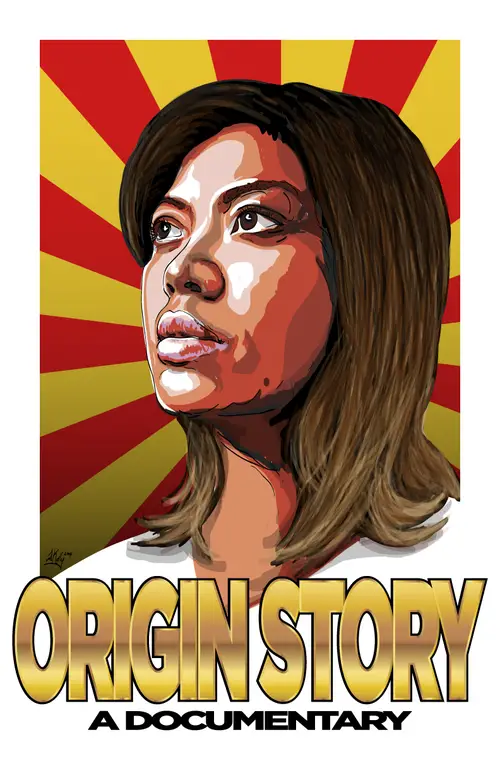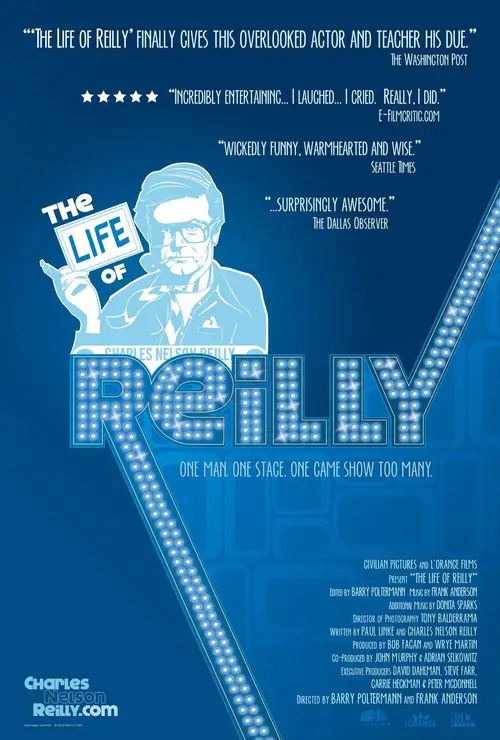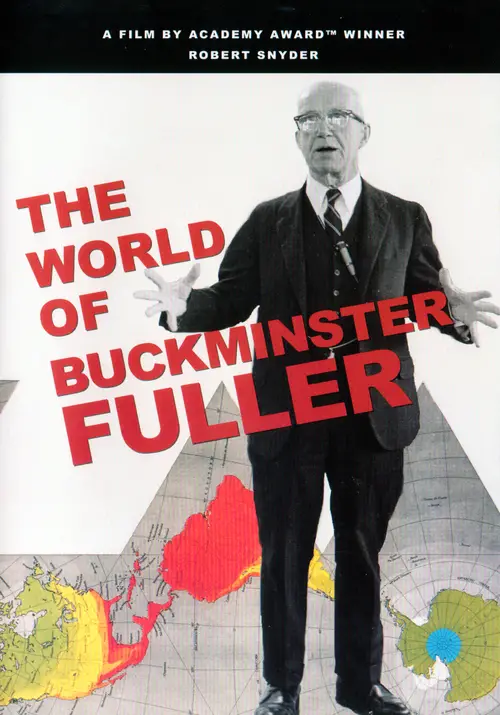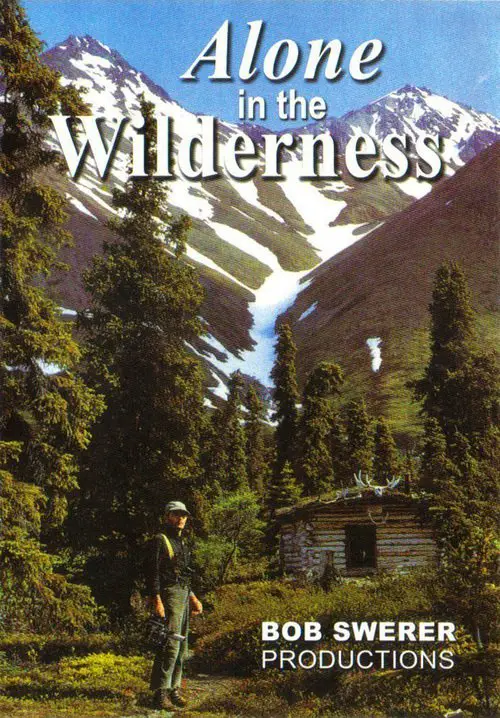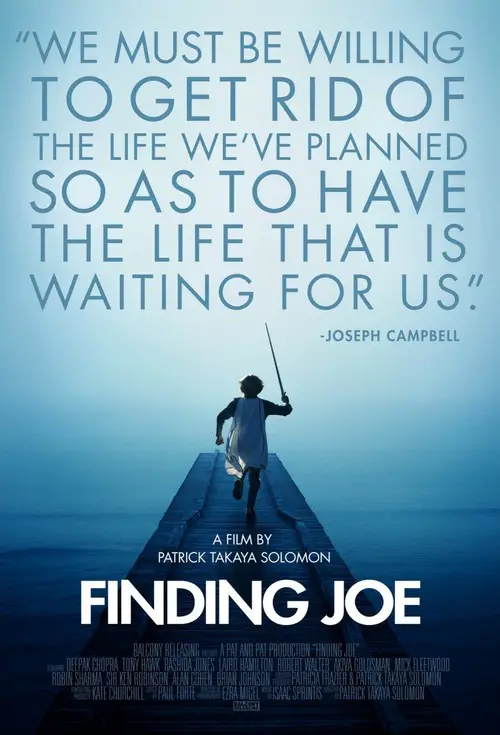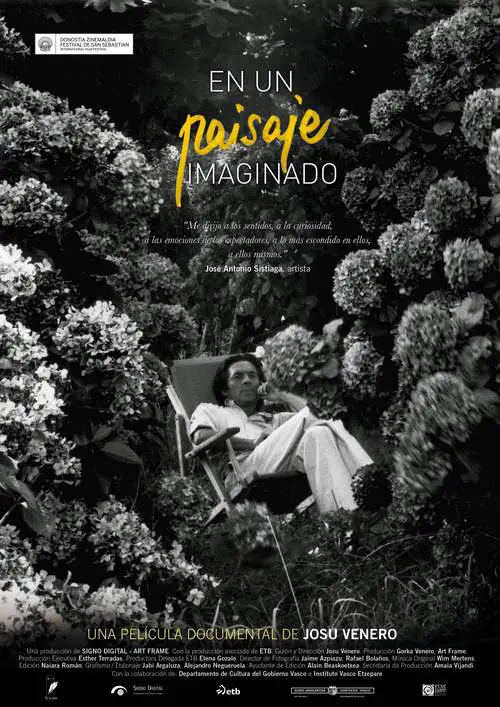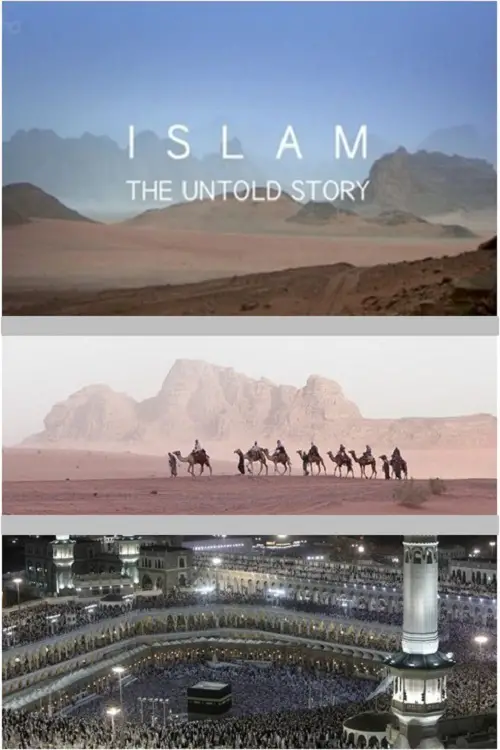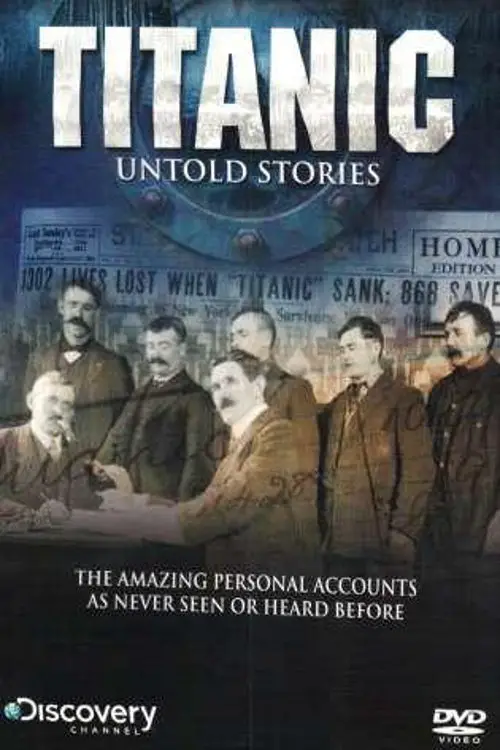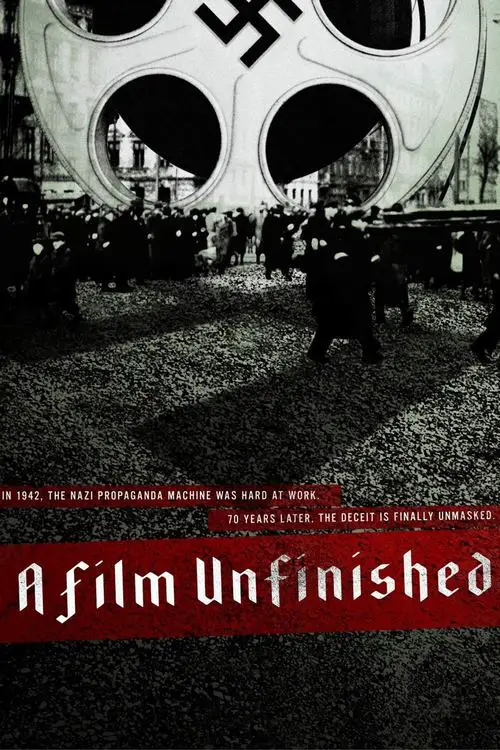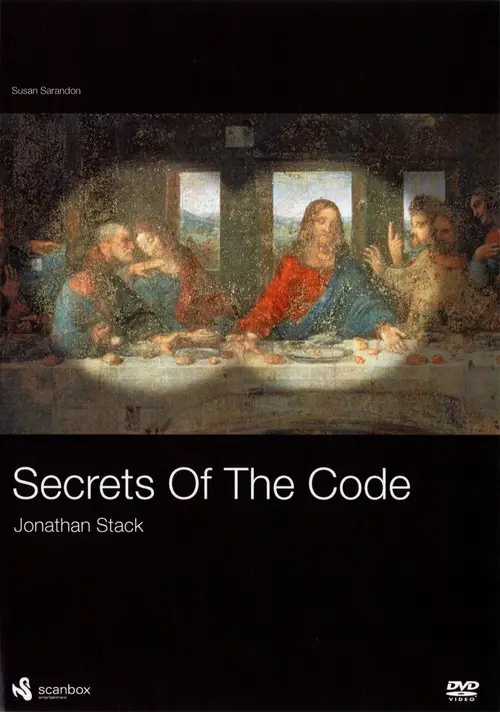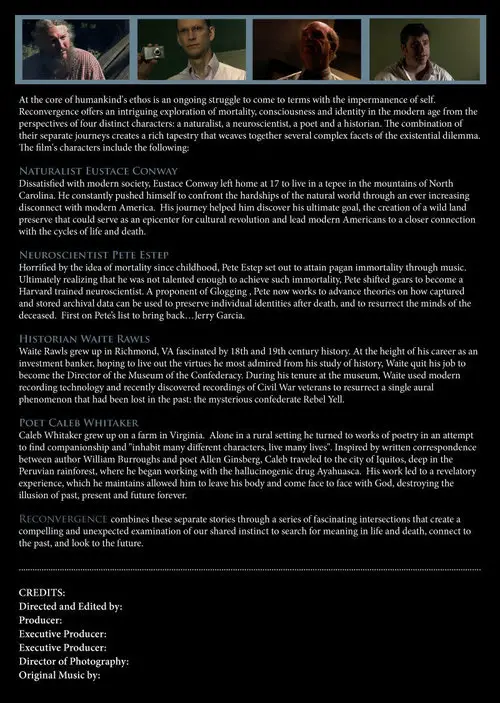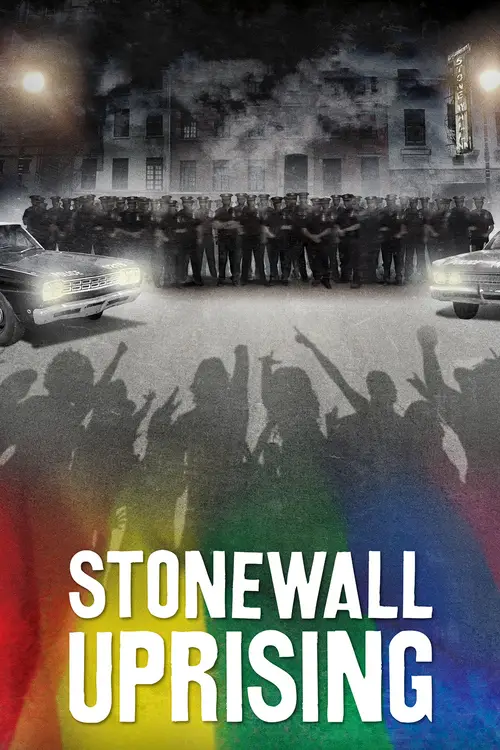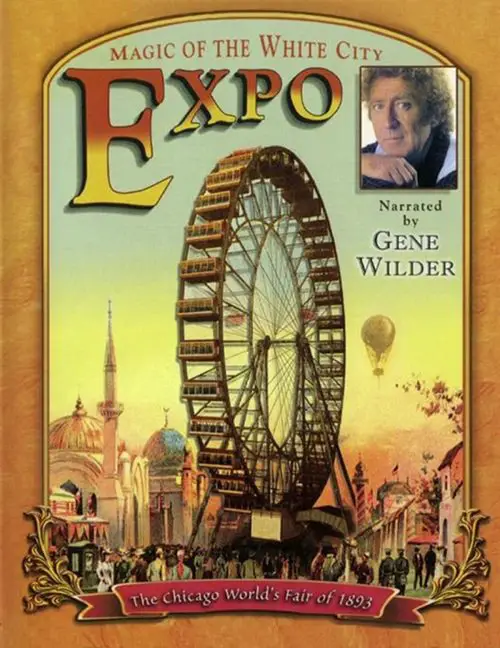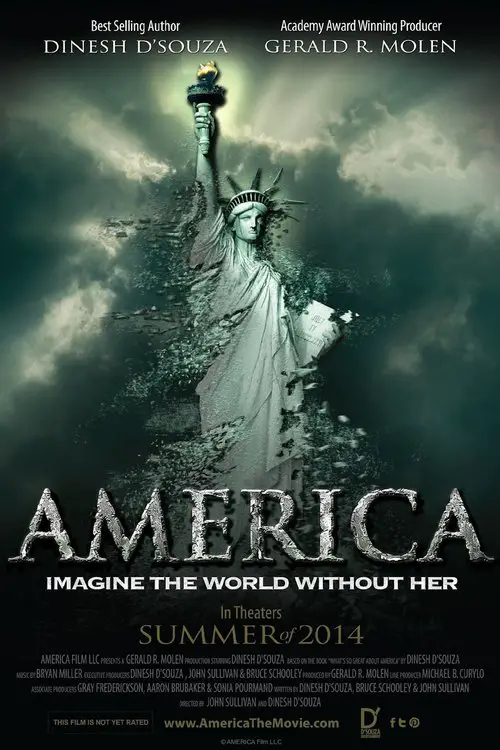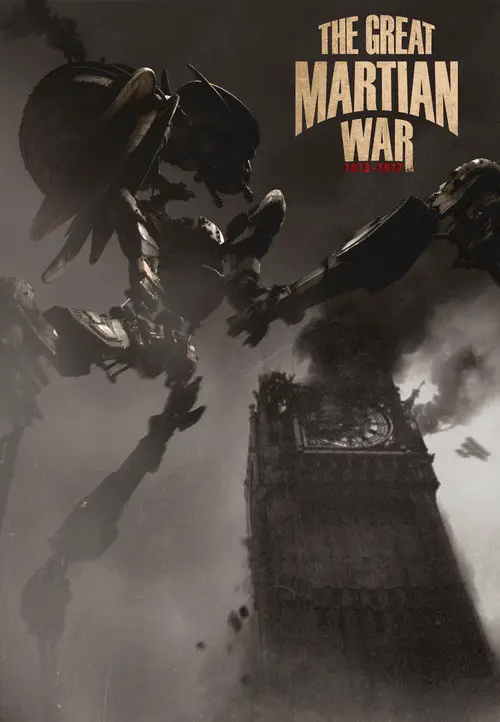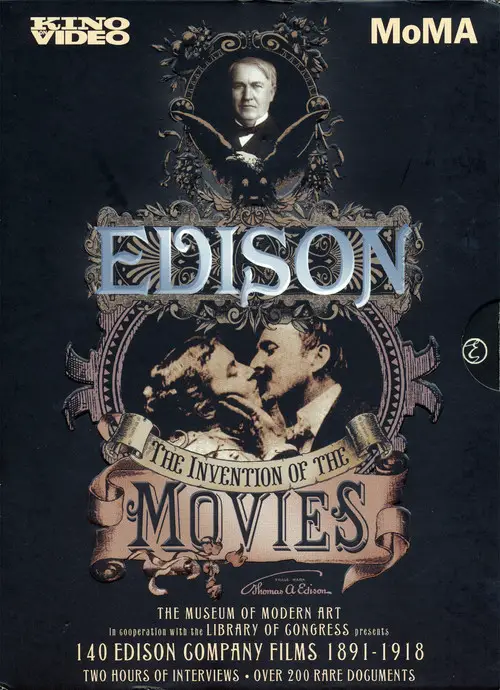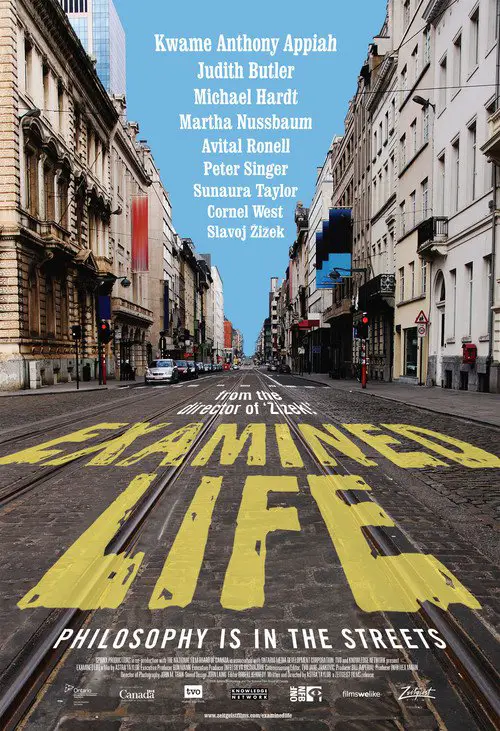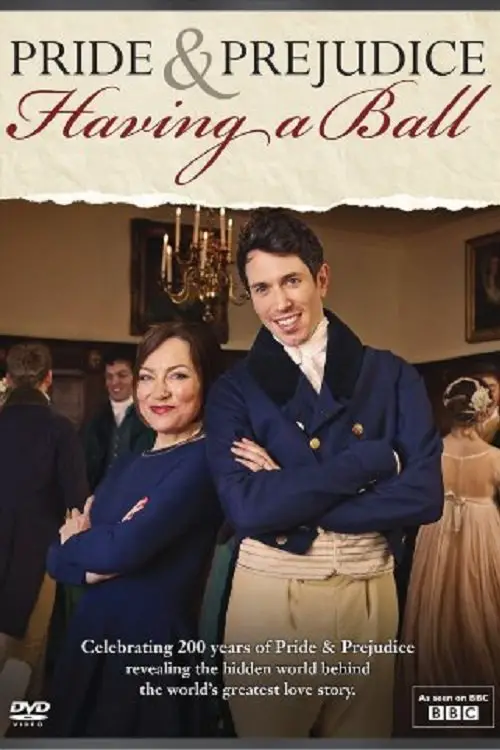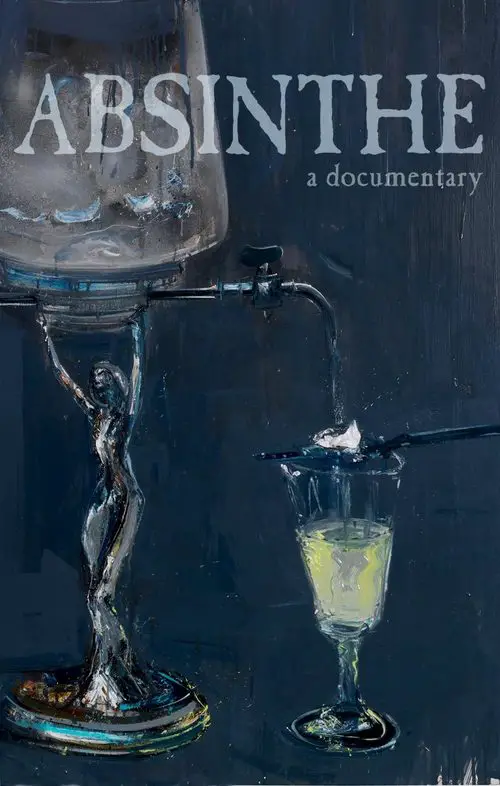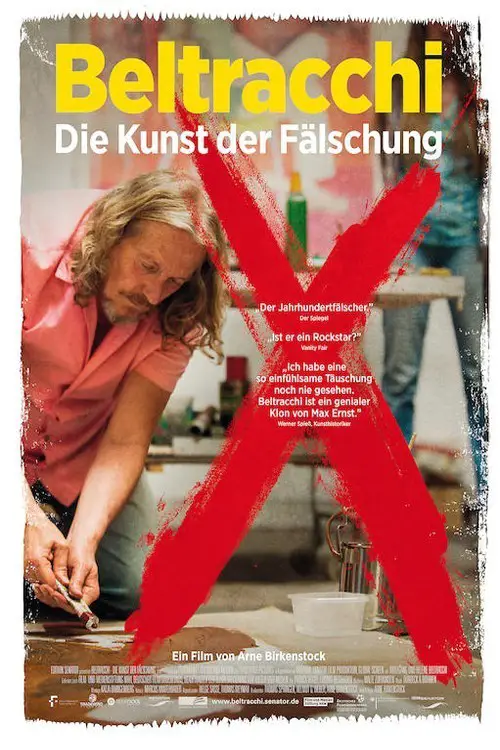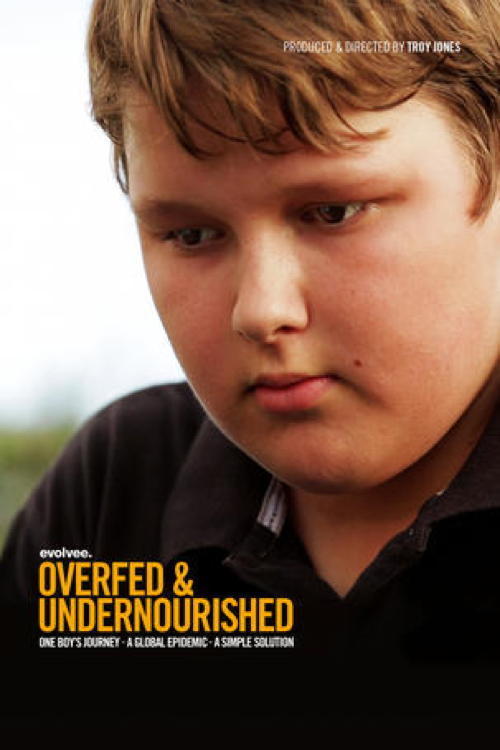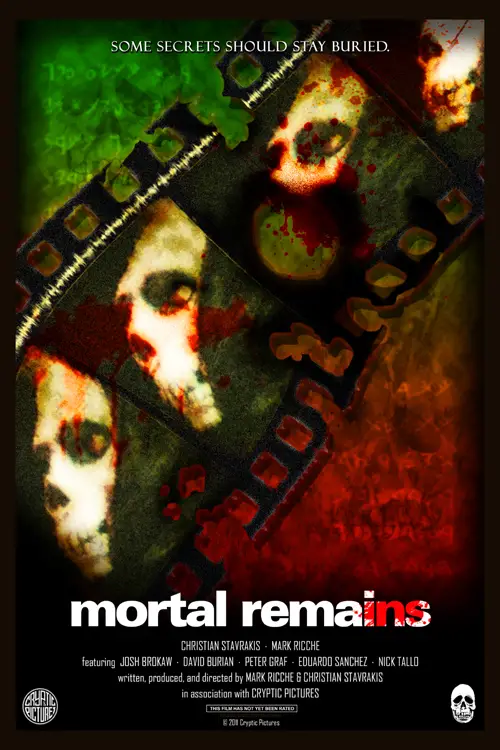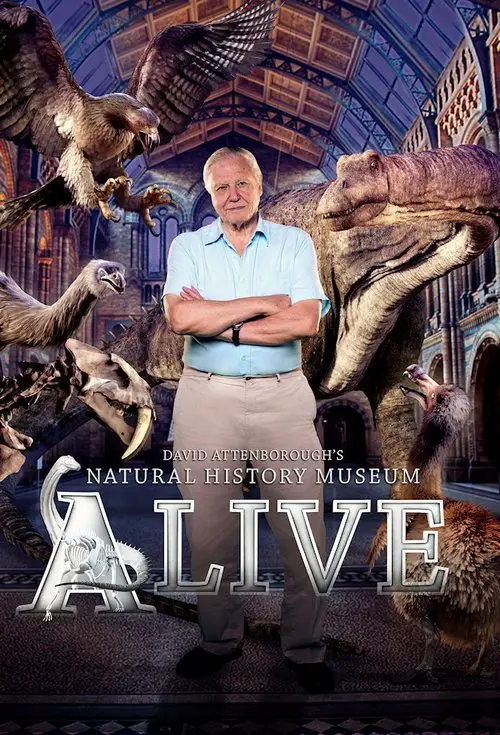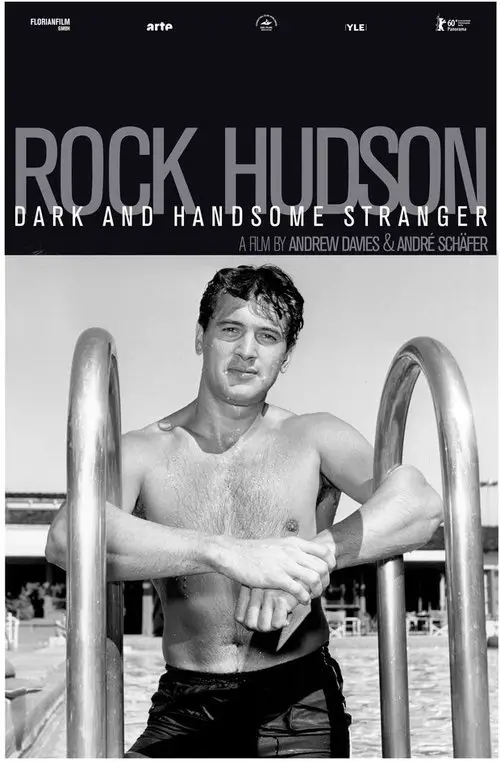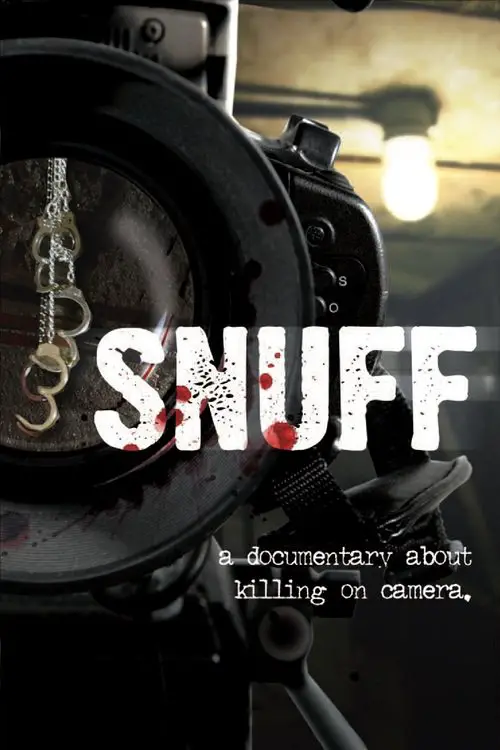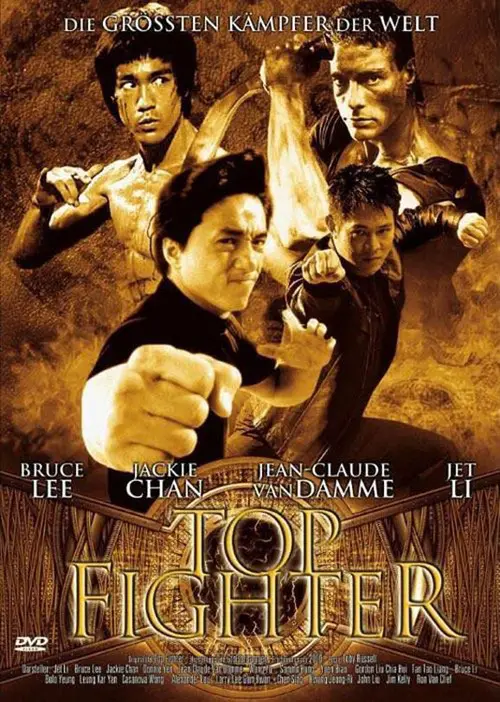Winston Churchill: Walking with Destiny (2010)
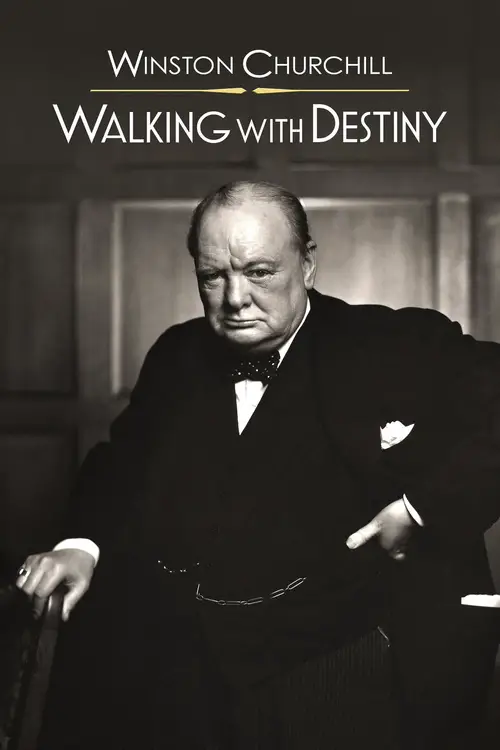
Similar movies
A behind-the-scenes look at how the animators, sculptors and palaeontologists, using the latest state-of-the-art animatronics and computer graphics, collaborated to re-create not just these pre-historic behemoths but their behaviour as well for the BBC natural history documentary miniseries "Walking with Dinosaurs".
Many people think of the dinosaurs as the first inhabitants of the earth, but this prequel to the acclaimed "Walking with Dinosaurs" puts viewers in the midst of a host of strange creatures that inhabited the earth millions of years before the dinosaurs ever existed.Starting from the Cambrian Period (530 MYA) and ending at the Early Triassic Period (248 MYA), Walking With Monsters shows the life and death struggles of the fantastic creatures that existed before the dinosaurs.
AMERICAN MOVIE is the story of filmmaker Mark Borchardt, his mission, and his dream. Spanning over two years of intense struggle with his film, his family, financial decline, and spiritual crisis, AMERICAN MOVIE is a portrayal of ambition, obsession, excess, and one man's quest for the American Dream.
Since the invention of cinema, the standard format for recording moving images has been film. Over the past two decades, a new form of digital filmmaking has emerged, creating a groundbreaking evolution in the medium. Keanu Reeves explores the development of cinema and the impact of digital filmmaking via in-depth interviews with Hollywood masters, such as James Cameron, David Fincher, David Lynch, Christopher Nolan, Martin Scorsese, George Lucas, Steven Soderbergh, and many more.
Islam: Empire of Faith is a documentary series that details the history of Islam, from the birth of the Islamic Prophet, Muhammad to the Ottoman Empire. It is narrated by Ben Kingsley. The first episode deals with the life of Muhammad, the second with the early Caliphates, Crusades, and Mongol invasion, and the third with the Ottoman Empire and Safavid dynasty.
The Death of 'Superman Lives': What Happened? feature film documents the process of development of the ill fated "Superman Lives" movie, that was to be directed by Tim Burton and star Nicolas Cage as the man of steel himself, Superman. The project went through years of development before the plug was pulled, and this documentary interviews the major players: Kevin Smith, Tim Burton, Jon Peters, Dan Gilroy, Colleen Atwood, Lorenzo di Bonaventura and many many more.
This dryly funny mockumentary about the lost work of a pioneering New Zealand film genius is probably one of the best examples of the faux-documentary genre. In fact, it was so successful that when it originally aired on New Zealand television, hundreds of viewers bought the premise hook, line, and sinker. If you didn't know any better yourself, it's entirely possible you might be duped into believing the extremely tall tale of one Colin MacKenzie, an ambitious filmmaker who made the world's first talking movie (years before The Jazz Singer), invented color film, and created a huge biblical epic that would put Cecil B. DeMille and D.W. Griffith to shame. Filmmaker Peter Jackson (Heavenly Creatures) shrewdly inserts himself into the film via his documentation of the "discovery" of McKenzie's lost epic, which for years was preserved in a garden shed.
"Touring makes you crazy," Frank Zappa says, explaining that the idea for this film came to him while the Mothers of Invention were touring. The story, interspersed with performances by the Mothers and the Royal Symphony Orchestra, is a tale of life on the road. The band members' main concerns are the search for groupies and the desire to get paid.
This film is released as part of the ongoing 50th anniversary celebration of the Rolling Stones. It tells the story of the Stones' unparalleled journey from blues obsessed teens in the early 60s to their undisputed status as rock royalty. All of the Stones have been newly interviewed and their words form the narrative arc that links together archive footage of performances, news coverage, and interviews, much of it previously unseen. Taking its title from a lyric in "Jumpin' Jack Flash," this film gives the viewer an intimate insight into exactly what it's like to be part of the Rolling Stones as they overcome denunciation, drugs, dissensions, and death to become the definitive survivors. Over a year in the making and produced with the full cooperation and involvement of the Stones, this film is and will remain the definitive story of the world's greatest rock 'n' roll band
The Go-Go Boys tells the inside story of two Israeli-born cousins, the late Menahem Golan and Yoram Globus, who in pursuit of the âAmerican dreamâ turned the Hollywood establishment upside down. Together they produced more than 300 films and founded the most powerful independent film company in the world, Cannon Films, which was responsible for Israeli and mainstream, Hollywood-blockbuster, action/exploitation hits during the duoâs 1980s hey day, starring the likes of Chuck Norris, Jean-Claude Van Damme and Charles Bronson. Up close and personal, and with the complete cooperation of the filmâs subjects, the film examines the complex relationship between two contradictory personalities, whose combined force fueled their successes and eventual split. A film about filmmaking and two dogged, exceptional characters with modest origins taking on the big boys.
This historical and critical look at slasher films, which includes dozens of clips, begins with "Halloween," "Friday the 13th," and "Prom Night." The films' directors, writers, producers, and special effects creators comment on the films' making and success. During the Reagan years, the films get gorier, budgets get smaller, and their appeal wanes. Then, "Nightmare on Elm Street" revives the genre. Jump to the late 90s, when "Scream" brings humor and TV stars into the mix. Although some criticize the genre as misogynistic (Siskel and Ebert), most of the talking heads celebrate the films: as long as there are teenagers, there will be slasher films, says one.
In this biographical drama, Selena Quintanilla is born into a musical Mexican-American family in Texas. Her father, Abraham, realizes that his young daughter is talented and begins performing with her at small venues. She finds success and falls for her guitarist, Chris Perez, who draws the ire of her father. Seeking mainstream stardom, Selena begins recording an English-language album which, tragically, she would never complete.
In the film, we see subjects instructed to administer electric shocks of increasing severity to another person, and observe both obedient and defiant reactions. After the experiment, we witness subjects explain firsthand their actions. Obedience is as relevant today as it was at its publication. As we as a society witness suicide bombings, torture, and gang atrocities, we wonder just how far people will go. Fifty years later, this experiment still resonates as people ask themselves, âWould I pull that lethal switch?â This is the only authentic film footage of Milgramâs famous experiment and is essential to all foundational work in social psychology at the graduate, undergraduate, and high school level.
Life Itself recounts the surprising and entertaining life of renowned film critic and social commentator Roger Ebert. The film details his early days as a freewheeling bachelor and Pulitzer Prize winner, his famously contentious partnership with Gene Siskel, his life-altering marriage, and his brave and transcendent battle with cancer.
One of the greatest storytellers of our time, and arguably the greatest mythologist, Joseph Campbell spent most of his long, rich career explaining how ancient myths like the Heroâs Journey are relevant to modern life. In understanding the importance of myth as a vital, vibrant source of "mankindâs one great story," Campbell inspired others to embark on a quest for the meaning of myth in their own lives. This biographical portrait, filmed shortly before his death in 1987, follows Campbellâs personal questâa pathless journey of questioning, discovery, and ultimately of delight and joy in a life to which he said, "Yes."
This documentary for PBS by award-winning filmmaker David Grubin and narrated by Richard Gere, tells the story of the Buddhaâs life, a journey especially relevant to our own bewildering times of violent change and spiritual confusion. It features the work of some of the worldâs greatest artists and sculptors, who across two millennia, have depicted the Buddhaâs life in art rich in beauty and complexity. Hear insights into the ancient narrative by contemporary Buddhists, including Pulitzer Prize winning poet W.S. Merwin and His Holiness the Dalai Lama. Join the conversation and learn more about meditation, the history of Buddhism, and how to incorporate the Buddhaâs teachings on compassion and mindfulness into daily life.
In the First World War, T.E Lawrence helped to unite feuding Arab tribes into a formidable guerrilla army which helped to topple the Ottoman Empire. But today Lawrence has an extraordinary new relevance. His experiences of defeating a foreign military occupation, and of leading an insurgency, have led to him being held up as the man who cracked fighting in the Middle East. Lawrence had aimed, he said, âto write his will across the skiesâ and build a new independent Arab nation, but in these two films Rory Stewart shows how Lawrence felt his dream ended in catastrophe and shame. Drawing a comparison between Lawrence's experience and today, Rory explains how Lawrence came to the conclusion that foreign military interventions in the Middle East are fundamentally unworkable. He concludes, 'Looking at Iraq and Afghanistan today, I believe very strongly that Lawrence's message would not have been do it better, do it more sensitively, but don't do it at all.'.
This biographical drama/part-time documentary, narrative written by Dr. Albert Schweitzer and spoken by Frederic March, traces the life of Dr. Schweitzer (with actors playing the characters), from his birth in France up to about the age of 30 when he makes the decision to go to French Equatorial Africa and build his jungle hospital. The latter half of the film encompasses a full day in the hospital-village following the 80s-plus Samaritan in his daily rounds.
Ozzy Osbourne's four decade track record as a culturally relevant artist is unprecedented, but his personal struggles have been shrouded in secrecy, until now. Featuring never before seen footage uncovered from the archives and interviews with Paul McCartney, Tommy Lee and others, God Bless Ozzy Osbourne is the first documentary to take viewers inside the complex mind of rock's great icon. Emerging from a working class family in war torn England, Osbourne and his neighborhood friends formed Black Sabbath and invented heavy metal. Plagued by self doubt, Osbourne the solo superstar went on a binge that lasted 40 years. God Bless Ozzy Osbourne will relive the highs of his triumphs as well as his journey to sobriety, which Ozzy regards as his greatest accomplishment.
A response to the failure of the American mass media to provide the public with relevant and accurate information about the standoff between the US and Iran, as happened before with the lead up to the invasion of Iraq. We have heard that Iran is a nuclear menace in defiance of the international community, bent on "wiping Israel off the map", supporting terrorism, and unwilling to negotiate. This documentary disputes these claims as they are presented to us and puts them in the context of present and historical US imperialism and hypocrisy with respect to Iran. It looks at the struggle for democracy inside Iran, the consequences of the current escalation and the potential US and/or Israeli attack, and suggests some alternatives to consider.
When Kulap Vilaysack was 14, she took her father's side in an argument and her mother replied, "Why are you defending him? He's not your real dad." Twenty years later, she's finally ready to learn what that means. ORIGIN STORY is a feature-length, international quest with stops in Los Angeles, Minnesota, and Laos to meet the biological father she never knew. On the road, unforeseen revelations strike as hilarious or heartbreaking, rarely in between. An avid comic book reader with a vigilante character named after her in the DC Comics universe, she must summon the courage of Katharsis, because each question is another step out on a limb. ORIGIN STORY is a deeply personal but universally relevant tale of immigration, conflict, addiction, and personal responsibility. Interviewees in the film include extended family, husband Scott Aukerman, and close friends, like Sarah Silverman, Casey Wilson, June Diane Raphael and Howard Kremer.
Architect, engineer, geometrician, cartographer, philosopher, futurist, inventor of the famous geodesic dome and one of the most brilliant thinkers of his time. Fuller was renowned for his comprehensive perspective on the world's problems. For more than five decades he developed pioneering solutions reflecting his commitment to the potential of innovative design to create technology that does "more with less" and thereby improve human lives. He spent much of his life traveling the world lecturing and discussing his ideas with thousands of audiences. Now more relevant than ever, this film captures Fuller's ideas and thinking told in his own words.
Dick Proenneke retired at age 50 in 1967 and decided to build his own cabin in the wilderness at the base of the Aleutian Peninsula, in what is now Lake Clark National Park. Using color footage he shot himself, Proenneke traces how he came to this remote area, selected a homestead site and built his log cabin completely by himself. The documentary covers his first year in-country, showing his day-to-day activities and the passing of the seasons as he sought to scratch out a living alone in the wilderness.
While studying myths, and writing on the human experience, Joseph Campbell was a professor at Sarah Lawrence College for 38 years. His seminal work, "A Hero with a Thousand Faces" was published in 1949 and greatly influenced generations of artists and writers, including Bob Dylan, Jim Morrison, Stanley Kubrick, George Lucas, Jerry Garcia and others. Rooted in deeply personal accounts and timeless stories, FINDING JOE shows how Campbell's work is relevant and essential in today's world and how it provides a narrative for how to live a fully realized life-or as Campbell would simply state, how to "follow your bliss".
Documentary about Down's syndrome and the ethics of pregnancy screening, fronted by Sally Phillips. This film explores the science and thinking around the proposed new screening test for Down's syndrome and its possible availability on the NHS. Driven by the experience of raising her son Olly, who has Down's syndrome, Sally explores some of the ethical implications of our national screening policy. By talking to experts in the Down's syndrome community, the world's top scientists and including people with Down's syndrome in the debate, Sally investigates a thorny subject that begs questions relevant to us all: what sort of world do we want to live in and who do we want in it?
The gripping personal accounts of the people and the tragedy. In never-before-seen footage, we journey with historian Charles Haas, as he descends into the depths of the North Atlantic and guides us on a tour of the RMS Titanic. While recounting tales of triumph and struggle, we see among the many sites the doors where all passengers would have entered, peer through the porthole of a first class cabin, see the davits where the too few lifeboats hung and pause by the mail room where the postal workers heroically died. This unique footage coupled with letters, old stills, artifacts and new recreations tells the amazing human stories of this famous ship as never before.
The Medieval and Renaissance blade, a profound and beautiful object handcrafted by master artisans of old. An object of great complexity, yet one with a singular use in mind- it is designed to kill. The truth of the sword has been shrouded in antiquity, and the Renaissance martial arts that brought it to being are long forgotten. The ancient practitioners lent us all they knew through their manuscripts. As gunslingers of the Renaissance they were western heroes with swords, and they lived and died by them. Yet today their history remains cloaked under a shadow of legend.
Yael Hersonski's powerful documentary achieves a remarkable feat through its penetrating look at another film-the now-infamous Nazi-produced film about the Warsaw Ghetto. Discovered after the war, the unfinished work, with no soundtrack, quickly became a resource for historians seeking an authentic record, despite its elaborate propagandistic construction. The later discovery of a long-missing reel complicated earlier readings, showing the manipulations of camera crews in these "everyday" scenes. Well-heeled Jews attending elegant dinners and theatricals (while callously stepping over the dead bodies of compatriots) now appeared as unwilling, but complicit, actors, alternately fearful and in denial of their looming fate.
You Can't Be Neutral documents the life and times of the historian, activist and author of the best selling classic "A People's History of the United States". Featuring rare archival materials, interviews with Howard Zinn as well as colleagues and friends including Noam Chomsky, Marian Wright Edelman, Daniel Ellsberg, Tom Hayden and Alice Walker.
Stonewall Uprising is a 2010 American documentary film examining the events surrounding the Stonewall riots that began during the early hours of June 28, 1969. Stonewall Uprising made its theatrical debut on June 16, 2010 at the Film Forum in New York City.The movie features interviews with eyewitnesses to the incident, including NYPD deputy inspector Seymour Pine.
The film was produced and directed by documentarians Kate Davis and David Heilbroner, and is based on the book by historian David Carter, Stonewall: The Riots That Sparked the Gay Revolution. The title theme is by Gary Lionelli.
Narrated by Gene Wilder brings the Chicago World's Fair to life. Experience the world of 1893 through a cinematic visit to Chicago's Columbian Exposition. Many of the world's greatest achievements in science, technology and culture are unveiled there. In addition, fairgoers enjoy the popular and commercially successful Midway Plaisance where the festive atmosphere of this one-mile entertainment center offers an array of guilty pleasures such as belly dancing, street fighting and beer. Nearly 28 million visit the Fair. Dubbed the "White City," it inspires future innovators like Henry Ford and Frank Lloyd Wright, debuts the Ferris Wheel and Cracker Jack, and, in many ways, marks the beginning of the 20th century. Filmed in High-Definition, "EXPO - Magic of the White City" immerses viewers in one of the world's biggest extravaganzas and one of the most unforgettable.
Political commentator, author and filmmaker Dinesh D'Souza puts forth the notion that America's history is being replaced by another version in which plunder and exploitation are the defining characteristics. D'Souza also posits that the way the country understands the past will determine the future. Using historic re-enactments, D'Souza explores the lives and sacrifices of some of America's greatest heroes, including George Washington and Frederick Douglass.
Documentary-drama recounting the Martian War of 1913 - 1917. Europe was on tenterhooks in the 2nd decade of the 20th century, everyone was expecting a Great War between the major European powers. But then, in 1913, something crashed into the forests of SW Germany. Troops were sent to investigate but were wiped out. Martian fighting machines began making their way across Western Europe and the countries of Europe combined forces to resist them. With aspects taken from "The War of the Worlds" by H.G. Wells and from WWI itself, this dramatisation presents a documentary style look at events as they unfolded and the effect they had of our world today. Lots of references to real events including the mass attacks and defeats as men were thrown against machines on the Western front, the Christmas truce and the Angel of Mons, America's isolationism and late entry into the conflict, the worldwide "Spanish" flu epidemic that killed more people than the war, and many other things.
A history of the Edison Company, the pioneering film production company begun by Thomas A. Edison. Included are more than 140 complete films produced by the company between 1891 and 1918, along with interviews with film historians and archivists, and commentary by Charles Musser, a noted film historian and authority on the films of the Edison Company.
Examined Life pulls philosophy out of academic journals and classrooms, and puts it back on the streets. Offering privileged moments with great thinkers from fields ranging from moral philosophy to cultural theory, Examined Life reveals philosophy's power to transform the way we see the world around us and imagine our place in it.
In Pride And Prejudice: Having A Ball, social historian Amanda Vickery leads the action as a team of experts recreate a Regency ball in honour of the 200th anniversary of Jane Austenâs popular novel. Joined by Alastair Sooke and a coterie of professionals â a food historian, a costume expert, music history academics and a choreographer who trains a team of dance students to take to the floorâ cameras will follow the recreation inspired by Austenâs Netherfield ball. This intimate country house ball drives the plot of the Pride And Prejudice, and is a key turning point in the romance between Elizabeth Bennett and Mr Darcy.
Absinthe: was it ambrosia or poison, artistic muse or ticket to madness and death? There is a tremendous fascination with absinthe, yet few truly know its rich history. The documentary ABSINTHE definitively brings the Green Fairy out of her clouded past where, for one hundred years, her fabled effects and demonized reputation have excited equal doses of admiration and loathing. The film traces absintheâs arc: from its birth in Switzerland in 1787, through its rise in the chic cafés of Belle Ãpoque Paris, to its prohibition, and its recent worldwide revival. Absintheâs story is put in high relief through interviews with leading historians, authors, distillers, antiques collectors, and fanatics. The cult beverage of bohemian artists is back in fashion; the documentary ABSINTHE clarifies the legend.
A docu-thriller that sets out to uncover the details surrounding the life, brief career, and mysterious death of horror filmmaker Karl Atticus, referred to by some as the forgotten father of the "slasher movie." The film includes interviews with various horror historians and aficionados including Eduardo Sanchez (director of The Blair Witch Project), who posits the question: Why, for 40 years, has the story of Karl Atticus been all but eradicated from the annals of cinema history?
Regular opening times do not apply as we accompany Sir David Attenborough on an after-hours journey around Londonâs Natural History Museum, one of his favourite haunts. The museum's various exhibits coming to life, including dinosaurs, reptiles and creatures from the ice age. Shot by the same 3D team that worked on Gravity, examines how the animals and creatures at the London museum once roamed the earth.
Twenty five years after the death of Rock Hudson, friends, acquaintances, colleagues, biographers and movie historians discuss his career, his personal life and his death, all especially in relation to his closeted homosexuality. Born Roy Fitzgerald, Hudson treated who was known as "Rock Hudson" as being a studio creation that was somewhat outside himself. However, he sometimes was still "Rock Hudson: movie star" to those who knew him. Publicly, he had to maintain the façade of that creation, the public who saw in him a handsome, rugged, masculine yet likable and safe leading man and movie star.
This documentary examines the existence of films in which people are murdered on camera and the culture surrounding them. Through interviews with former FBI Profilers, Cultural Academics, and Film Historians the documentary delves into the disturbing history and myth of Snuff Films. The FBI claims there is no evidence to prove the existence of Snuff and, therefore, Snuff Films are a myth. This documentary analyzes the relationships between war, cult films, serial killers and pornography to prove whether or not this pervasive myth is, in fact, reality.
Welcome to the world of the martial arts. A voyage for the times of the martial arts cinema, from the beginning in China in the 6th Century A.C. by a Buddhist monk, Bodhidharma, until the actual time and the influence in the world, with interviews to actors and historians, and a review to the most important movies of all times and to the most famous action movies actors. A magnificent jewel of this genre what nobody wouldn't lose.
The documentary recounts the world's first nuclear attack and examines the alarming repercussions. Covering a three-week period from the Trinity test to the atomic bombing of Hiroshima, the program chronicles America's political gamble and the planning for the momentous event. Archival film, dramatizations, and special effects feature what occurred aboard the Enola Gay (the aircraft that dropped the bomb) and inside the exploding bomb.
Released to coincide with the 30th anniversary of this classic album, learn how Pink Floyd assembled "Dark Side of the Moon" with the aid of original engineer Alan Parsons. All four band members--Roger Waters, David Gilmour, Nick Mason, and Richard Wright--are interviewed at length, giving valuable insights into the recording process. The themes of the album are discussed at length, and the band take you back to the original multi track tapes to illustrate how they pieced together the songs. With individual performances of certain tracks from Roger, David, and Richard included, this is an essential purchase for any Pink Floyd fans, and a fascinating artefact for rock historians everywhere.
© Valossa 2015–2026
| Privacy Policy

